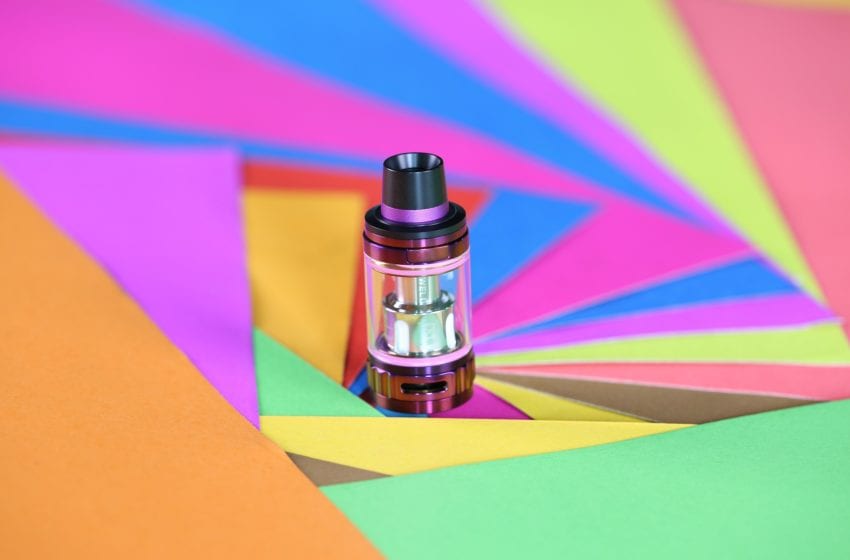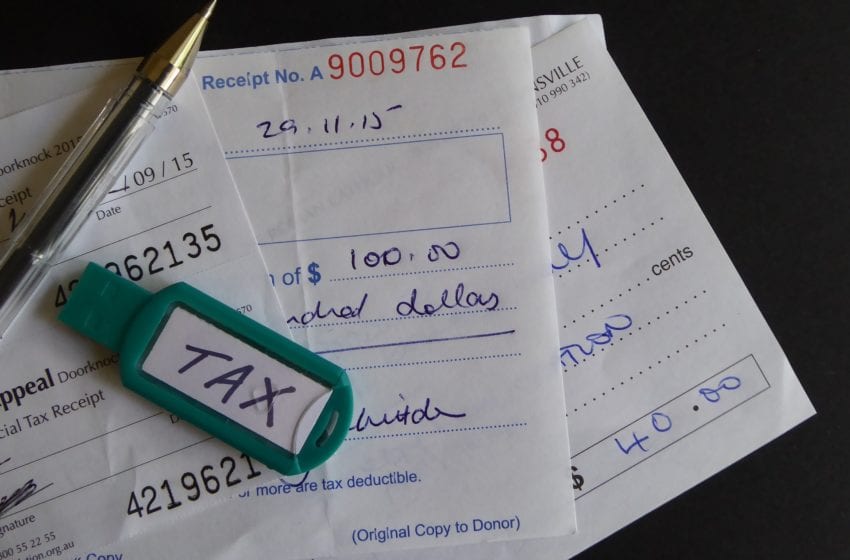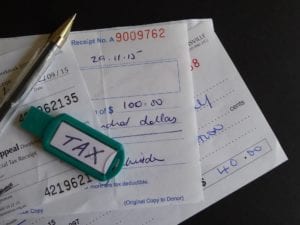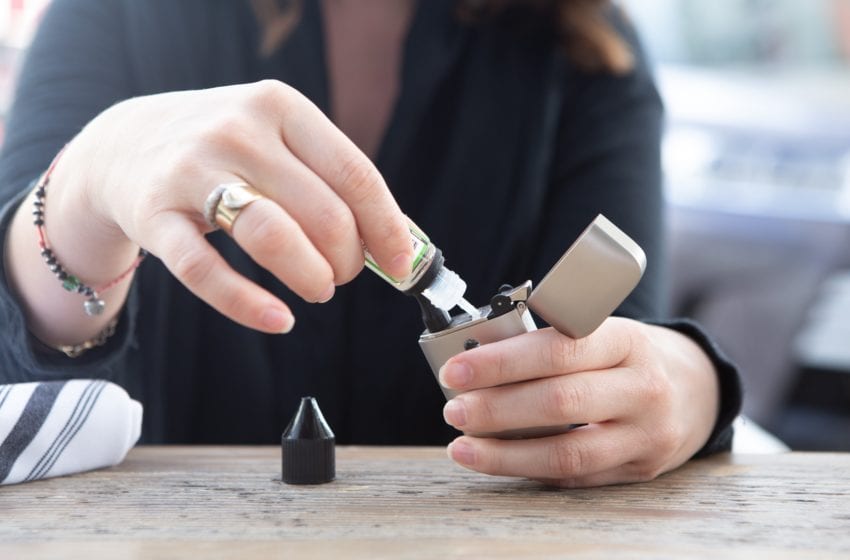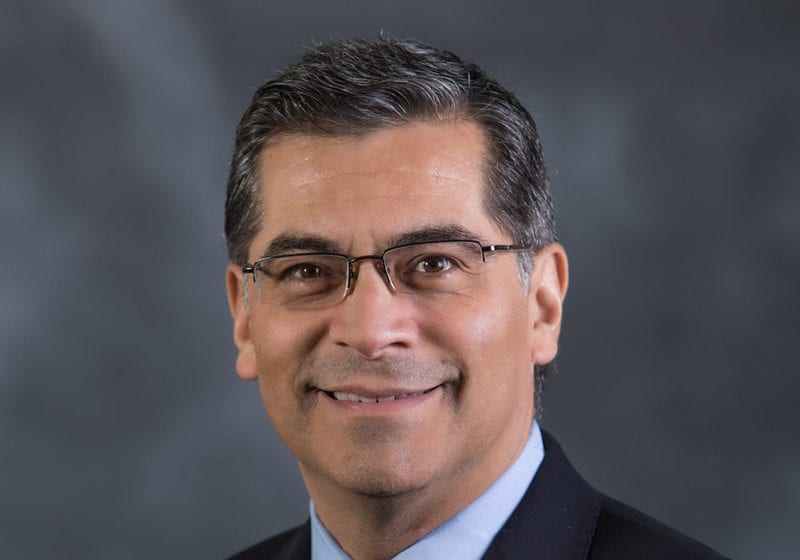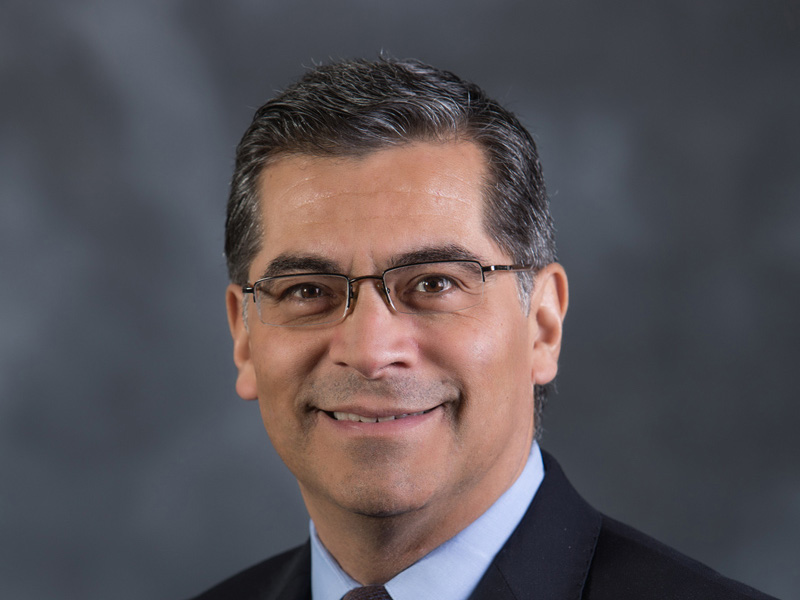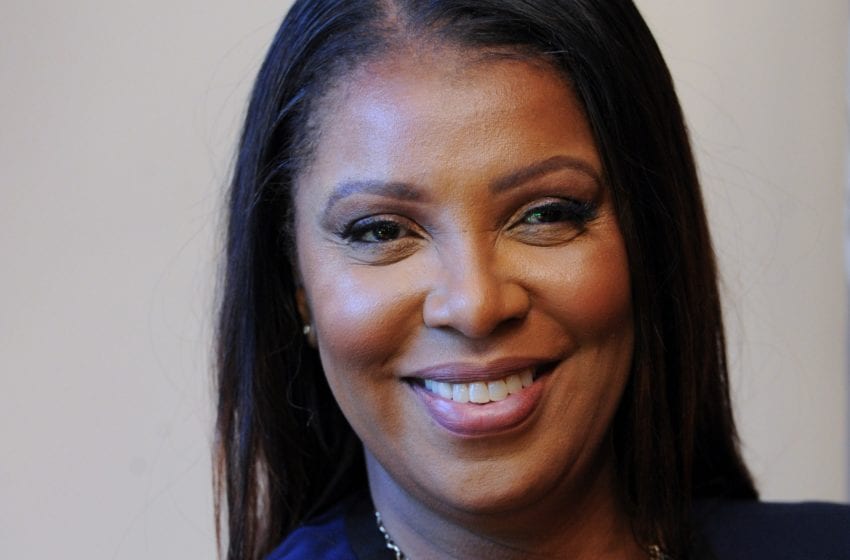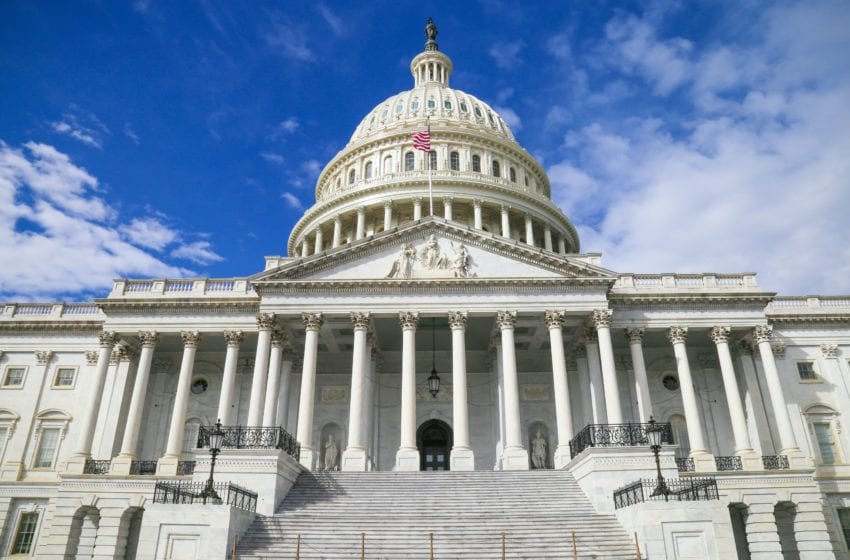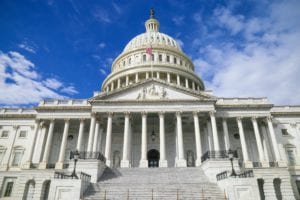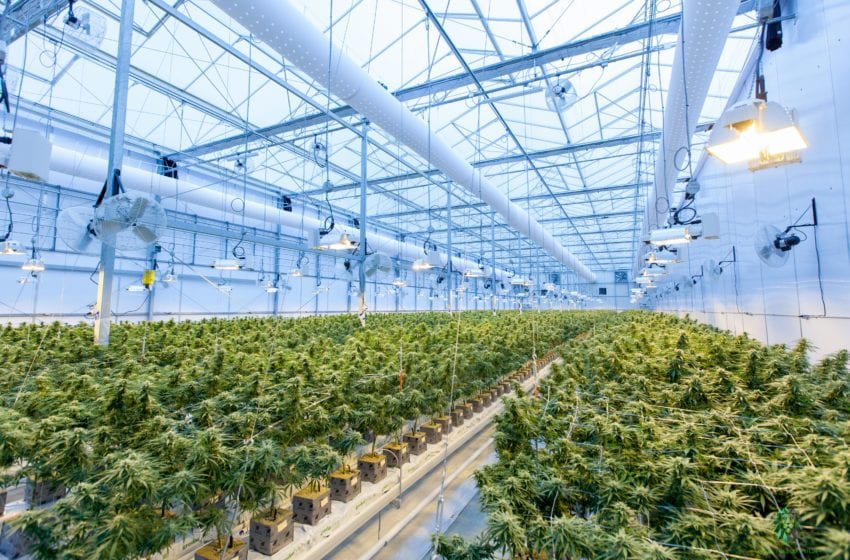Loveland City Council members will put off voting on a ban that may target sales of flavored vaping, smoking and tobacco products until Feb. 16, after a marathon six hours of debate and public comment during Tuesday’s meeting.

Council members voted 6-2 to postpone the item, with Mayor Jacki Marsh and Ward II councilor Andrea Samson opposed, and Ward I councilor Richard Ball absent, despite joining for part of the discussion, according to an article in the Loveland Reporter-Reporter.
On Nov. 24, council members voted 6-3 to pass the ban on first reading, with Steve Olson of Ward III and Dave Clark and Don Overcash of Ward IV opposed. A second vote was pushed from Dec. 1 to Tuesday after that agenda item similarly ran late.
Marsh stressed the public health impact of smoking and said she planned to vote “yes” again on the ban. Samson pointed out the 10-plus hours of public comment heard by the council, including concerns shared by members of Loveland’s business community, and questioned the need for more outreach.

